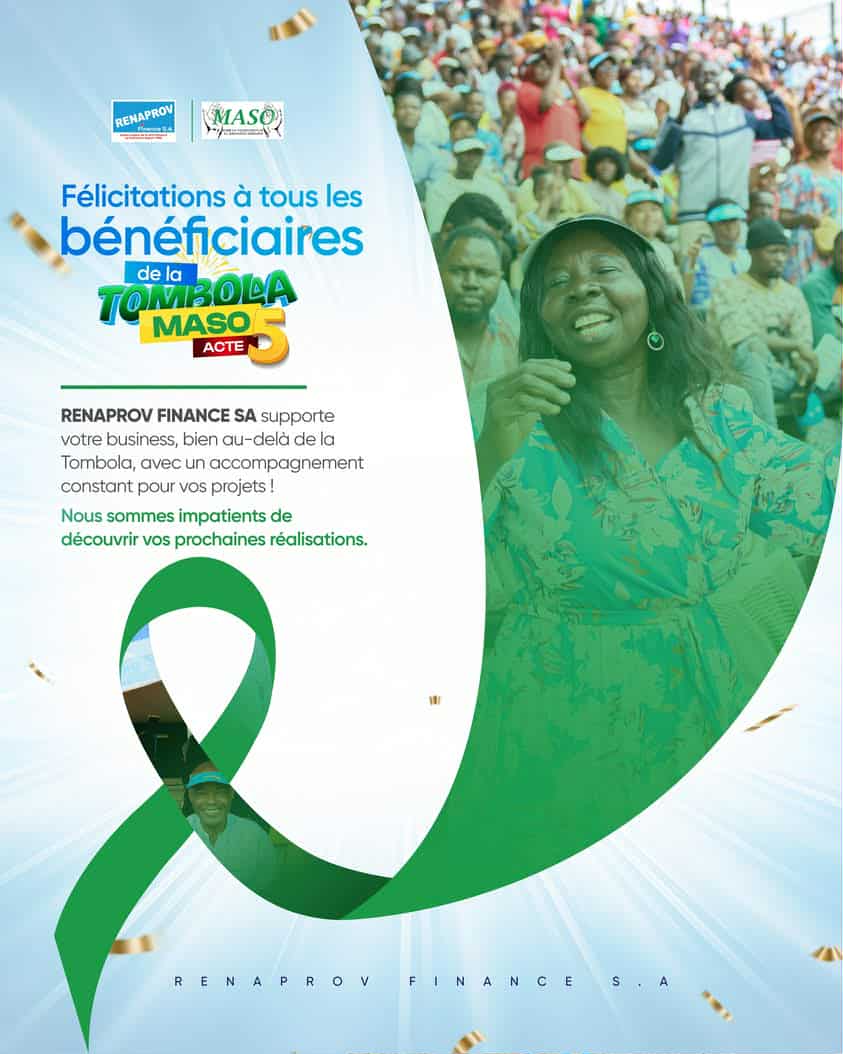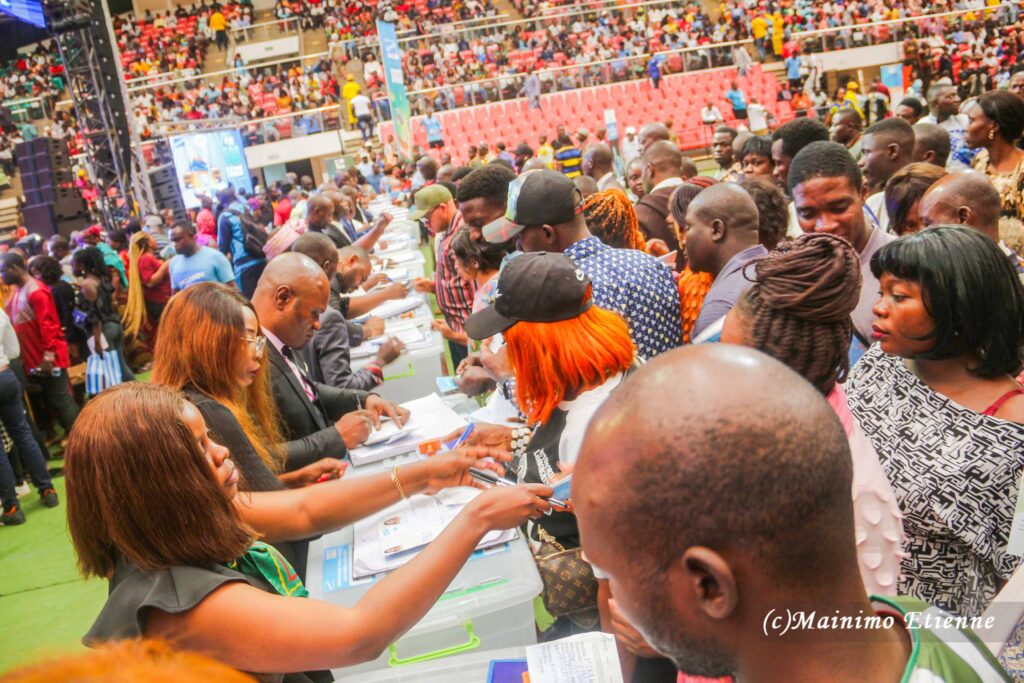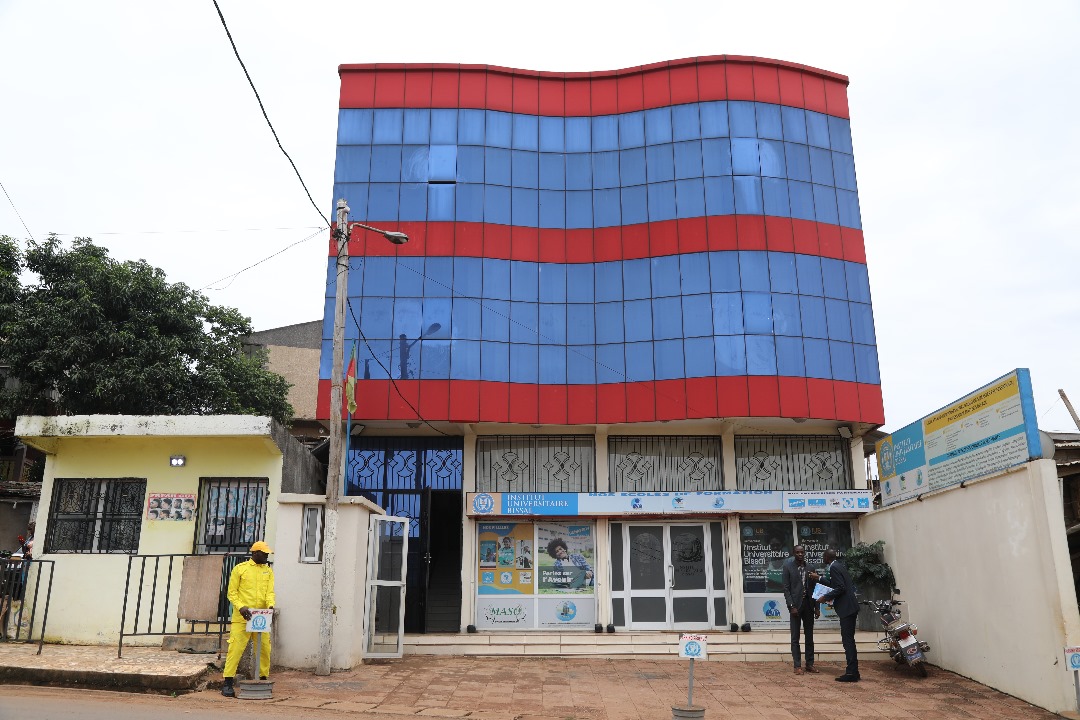By Etienne Mainimo Mengnjo
The International Day for the Eradication of Poverty, observed on Thursday, October 17, 2025, highlighted that the fight against poverty encompasses dignity, justice, and belonging, rather than being solely about income.

This year’s theme emphasizes the need to end social and institutional mistreatment by ensuring respect and effective support for families, with the goal of prioritizing those who are furthest behind and building institutions that empower families to thrive.
U.N. Secretary-General António Guterres stressed the systemic nature of poverty, stating, “Poverty is not a personal failure; it is a systemic failure — a denial of dignity and human rights.”
In Cameroon, poverty remains both high and persistent, with approximately four out of every ten people living below the national poverty line.
The situation is exacerbated by significant regional disparities, particularly in the Far North and Northwest regions, where ongoing conflicts contribute to elevated poverty rates.
Despite some economic growth, progress in poverty reduction has been minimal, and projections suggest that the number of individuals living in extreme poverty is likely to continue rising.
In response to these challenges, local organizations are taking action. RENAPROV FINANCE S.A., a microfinance institution established in 1996, runs the MASO mutual assistance and solidarity program.
This initiative aims to provide financial and social services to mutual members who are often excluded from traditional banking systems. MASO facilitates personal and financial management, offering opportunities for socioeconomic development through a mutual benefit fund.
Members contribute small, regular amounts to a collective pool, fostering a solidarity-based funding structure.
These contributions enable access to essential services aimed at enhancing quality of life, including zero-interest financing for various projects and opportunities to win significant cash prizes.
The program also offers educational support, such as tuition discounts at the Bissai University Institute, healthcare access with discounts at the MAMU Hospital Complex, and assistance during life events, both celebratory and challenging. MASO encourages entrepreneurship by providing financing options for young entrepreneurs and individuals in the informal sector, helping them secure capital to start or expand their businesses.
Additionally, the chance to win prizes like houses, cars, and home appliances aims to help members build tangible assets as a pathway out of poverty.
While MASO has yielded positive results for many beneficiaries, with improved financial stability and increased ability to achieve goals like homeownership, the broader microfinance industry faces criticism regarding high interest rates and the risk of over-indebtedness among members.
Though MASO offers zero-interest financing on some products, the profit-driven nature of many microfinance institutions can restrict their ability to serve the most vulnerable populations effectively.
In Cameroon, despite the expansion of the microfinance sector, access to financial services remains limited, particularly in rural areas where poverty is most concentrated. Initiatives like MASO are crucial in bridging this gap, but ongoing support and responsible practices are essential for achieving sustainable poverty alleviation.


